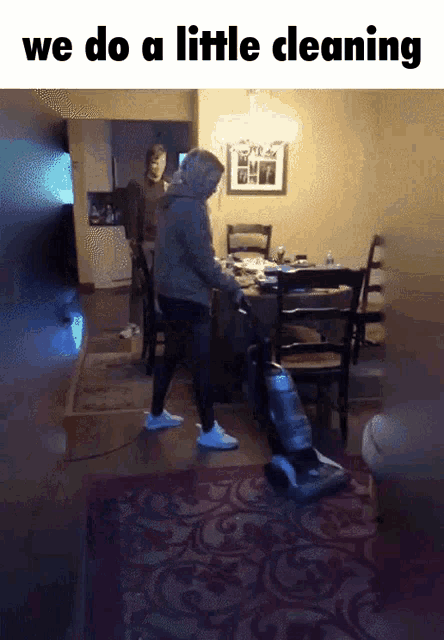Here are some individuals I've seen who have developed creative ways to adjust their behaviours.
These cases also included a combination of other tailored sleep strategies. In many cases, it’s beneficial to stop certain activities altogether.
THE OVERSTIMULATED MIND
I saw a young man with chronic insomnia who used to scroll endlessly through short clips to distract himself from his overactive thoughts or busy mind. He didn’t realise that this habit was overstimulating his brain and unintentionally training him for short attention spans, making it harder to sleep. Once he recognised this, he switched to watching longer, more relaxing content and eventually transitioned to listening to meditative audio, which helped him fall asleep. This illustrates the importance of distinguishing between helpful VS unhelpful device use. Ideally, avoiding screens altogether before bed is most helpful.

DE-STRESS vs DISTRESS
I saw a middle-aged woman with occasional sleep difficulties and found that her bedtime procrastination was linked to completing household tasks late at night. She would clean furiously, feeling frustrated that she had to do everything herself. She believed this would help her de-stress, but in reality, it was increasing her cortisol levels (stress & wakefulness hormone), making it harder to sleep. Once she recognised this, she adjusted her approach by slowing down to half speed, making tasks more enjoyable, and incorporating elements of self-care. She played relaxing music or funny podcasts and included stretching exercises as she completed tasks. This reframing helped her feel a sense of reward rather than stress.
